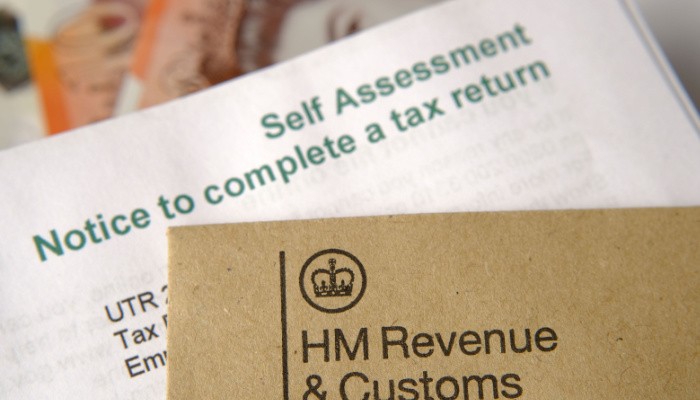Out of over 12 million taxpayers who file self-assessment tax returns, under 3% do so via paper form submissions. Low demand meant HMRC already stopped sending paper tax return forms in the mail a few years ago, but the tax agency is now removing the option of downloading and printing off a blank version of the form from the government website.
This means that from 6th April 2023, taxpayers will no longer be able to download the form and complete a paper tax return that way, either. This is part of HMRC’s push towards digital submissions, reducing the use of paper and speeding up the filing process.
There are still around 135,000 taxpayers under 70 years old using downloaded forms, but as this will no longer be possible for the 2022–2023 tax year onwards, the tax agency will write to them to provide guidance on how they can file their returns from now on.
That’s not to say it’s no longer possible to file a paper tax return at all, but it will be a much more limited service that may not be worth the difficulty for those who are able to file digital returns.
How to file tax returns online
Completing tax returns online via the Making Tax Digital
platform is now the most sensible and convenient option for most taxpayers, with a range of commercial software available as alternatives.
If you’re switching from paper forms to online tax returns for the first time, you’ll need to:
- Register for online self-assessment returns on the HMRC website
- Set up a User ID and password for your online tax account
- Receive a Unique Tax Reference (UTR) number
and activation code by post within 7 days - Activate your online tax account within 28 days of receiving the activation code
You can then use your active account to file your tax returns digitally, as almost 97% of taxpayers already are. You’ll no longer have to worry about your paper tax form getting lost in the mail, and you’ll have more time to submit your return.
The deadline for paper tax returns is 31st October of the following tax year, while the deadline for online tax returns is 31st January of the next tax year, giving you an extra 3 months to complete them. Other benefits of filing online include:
- Important details are saved in your account, reducing the chances of making mistakes
- You’ll receive instant confirmation and a reference number after submitting your tax return
- Tax is automatically calculated, so you’ll know sooner how much you need to pay
This means that not only is filing tax returns online simpler and faster, but it can also help you to budget properly for the tax you’ll need to pay if you file in advance of the deadline.
What if you can’t submit an online tax return?
There are limited exceptions for accessing paper tax returns after 6th April 2023. Visually impaired people and those over 70 who have never filed online will still receive paper forms in the post from HMRC
automatically, and shouldn’t have to do anything differently.
However, anyone else who still wants to file a paper return will have to call HMRC to request the form. The agency may ask about your circumstances to find out why you cannot file online, such as lack of internet access or a disability, and offer support for submitting digitally in the future.
Those who have the appropriate commercial software may be able to print out a blank tax return to send in the post without having to call HMRC. However, this may only be accepted if your tax calculations are too complex for the online system.
Need help filing tax returns?
While capital gains tax (CGT) is going in the other direction, with a downloadable version of the UK property return form available as a trial for those who can’t report capital gains through the online service, the self-assessment tax return forms are no longer available.
Unless you have unchangeable circumstances that prevent you from filing online, it’s best to make the switch sooner rather than later. Once everything is set up, using the online system should make things run much more smoothly – and if you use your own accounting software, like Xero, you can connect them securely to transfer information directly.
Cloud accounting software also makes analysing financial information easier, providing opportunities to spot potential savings and manage taxes more efficiently. Of course, if you don’t have such software, but don’t want to use HMRC’s platform either, you can always outsource your accounting records and tax management to an agency like GBAC.
Here at GBAC, we have a team of accountants in Barnsley who can provide professional financial services and advice. Call us on 01226 298 298 today to learn more about how we can assist you with digital self-assessment tax returns.
